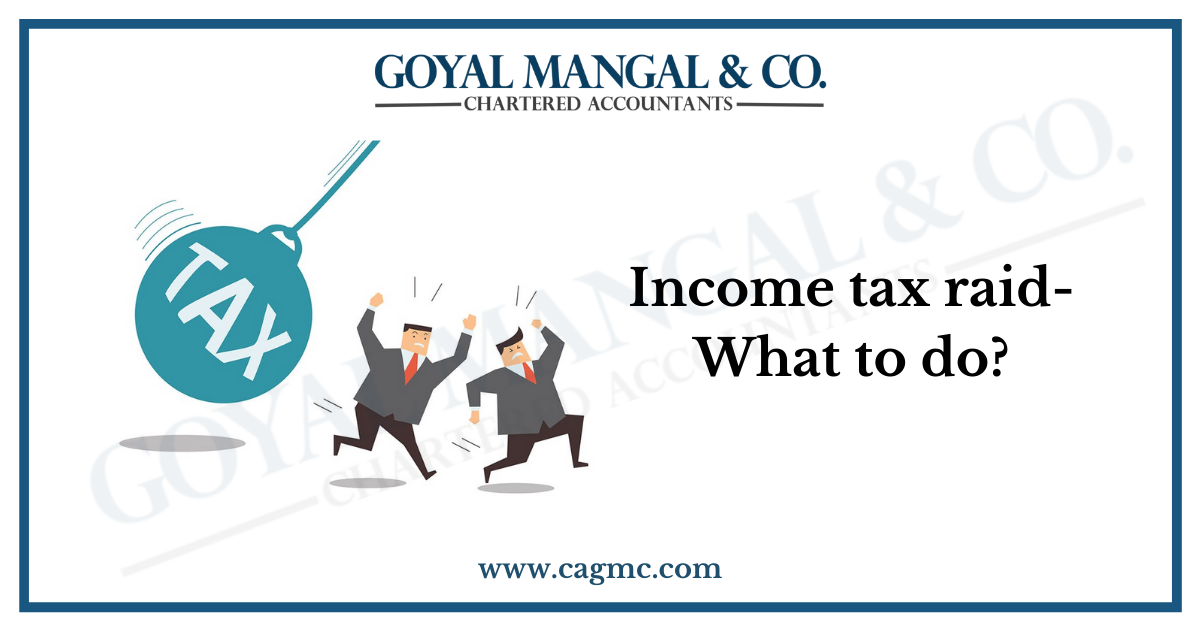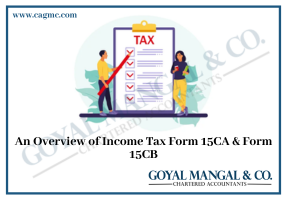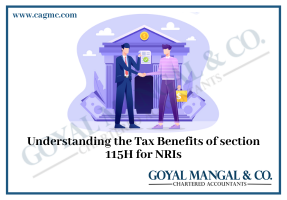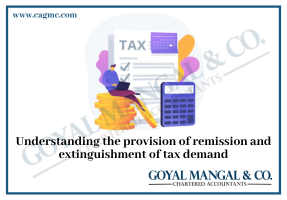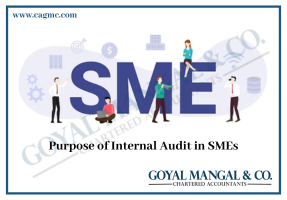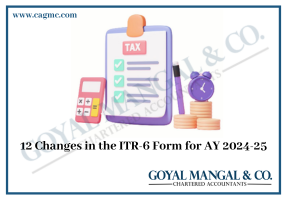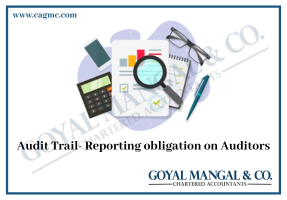The Income Tax law of our country allows all the persons to self- assess their income and pay taxes. However, to protect the revenue base, unearth concealed income and to act as a deterrent, tax authorities have been vested with powers to conduct surveys and searches (commonly referred to as ‘raids’). These raids are conducted on the basis of information available by the department’s investigation wing and after obtaining requisite internal approvals.
| Content |
When does a raid happen?
Raid is also known as process of Search and Seizure, is one of the crucial weapons that the Income-tax department possesses to check black money. A raid is made under the following circumstances:
- Credible information of tax evasion.
- Information from government departments.
- Information procured from assessment records of taxpayers.
- Information received regarding spending being disproportionate to income of the taxpayer.
- Information received regarding manipulation of books of accounts, vouchers, invoices, etc.
- Information received regarding illegal investment in real estate.
- Information received regarding unexplained cash credits, share transactions, etc.
Who can conduct a raid?
As per the section 132(1) of the Income Tax Act,1962 the:
- Principal Director General or Director-General or
- Principal Director or Director
- Principal Chief Commissioner or Chief Commissioner or
- Principal Commissioner or Commissioner
may authorize an
- Additional Director or
- Additional Commissioner or
- Joint Director or
- Joint Commissioner or
- Assistant Director or
- Deputy Director or
- Assistant Commissioner or
- Deputy Commissioner or
- Income tax officer to conduct a tax raid.
Assets that can be seized:
- Undeclared or unexplained cash, jewellery.
- Books of accounts, challan, diaries, etc.
- Computer chips and other data storage devices.
- Documents and other data related to property, deed of conveyances, etc.
Assets that cannot be seized:
- Stock-in-trade (except cash).
- Disclosed assets or cash before the Income Tax and Wealth Tax Department.
- Declared assets in books of account.
- Explained cash.
- Jewellery declared in wealth tax return.
- Gold up to 500gm for each married lady and 250 gm for each unmarried woman and 100gm per male member.
